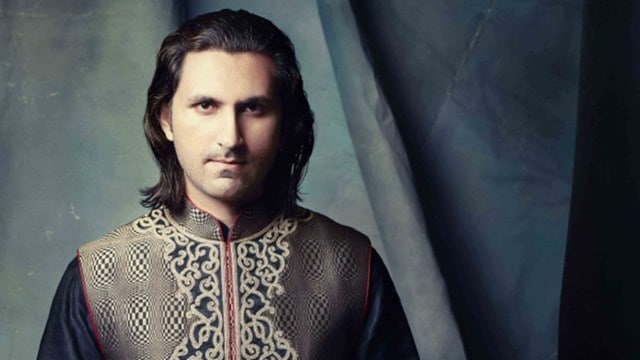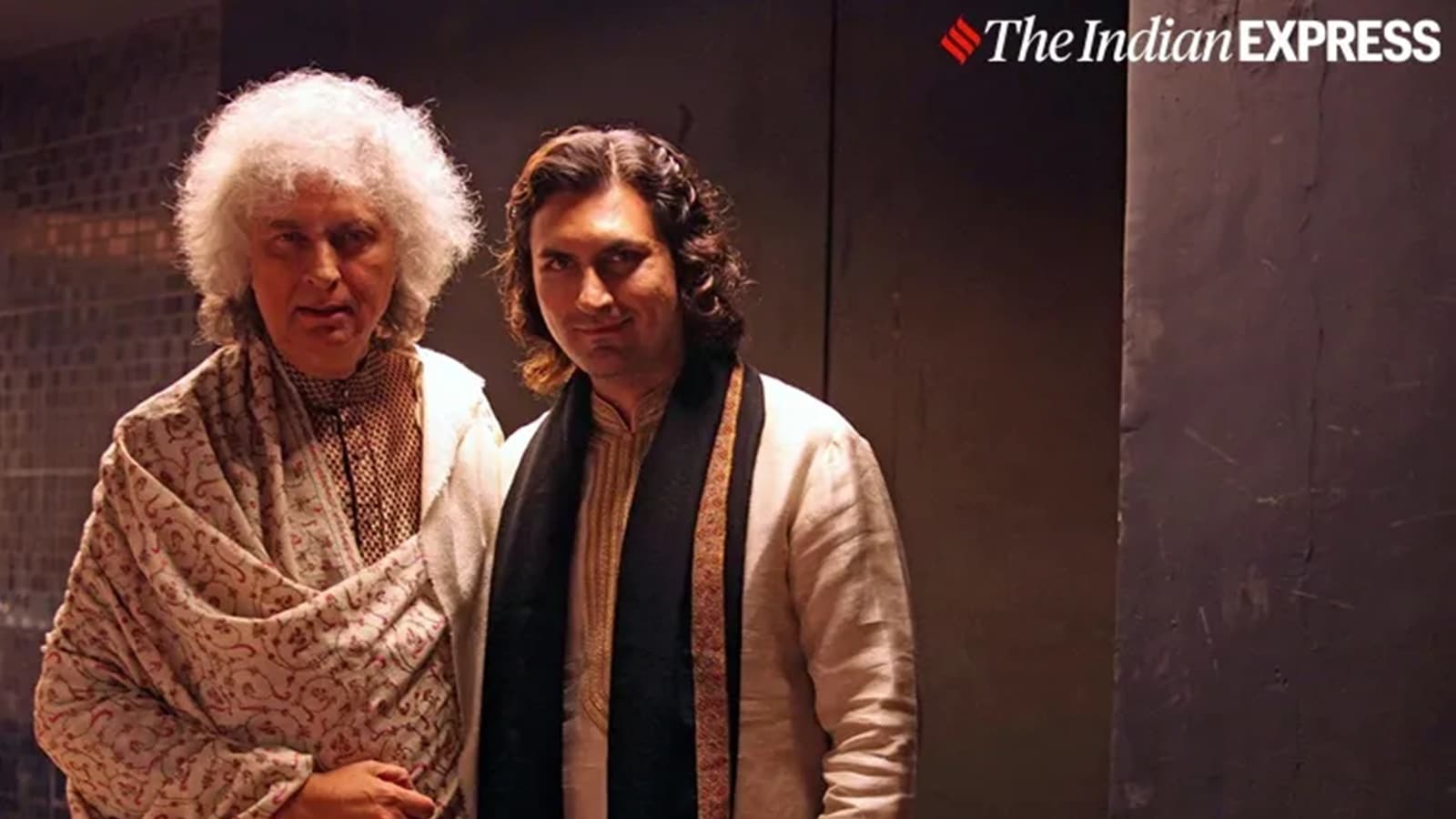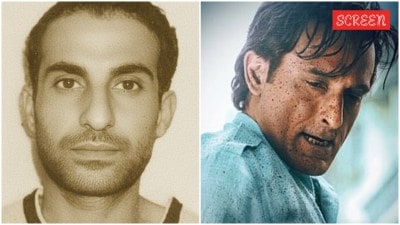Having collaborated with Grammy Award-winning artistes such as Kenny G, Deep Forest, and Richard Clayderman, and performed symphonic works with the Cape Town Philharmonic Orchestra, Rahul continues to redefine the santoor as he weaves the instrument’s ancient soul into modern soundscapes.

The 53-year-old recently performed at Mumbai’s Jamshed Bhabha Theatre, NCPA, as part of the curtain raiser event for the 26th edition of the Kala Ghoda Arts Festival – Santoor Serenity: Healing Harmonies, a fusion fundraiser concert that united Indian classical traditions with global contemporary sounds. Excited about his latest album with Grammy-winning electronica pioneer Deep Forest, Tree of Tranquility, which has already garnered 200,000 streams, he takes a trip down memory lane in an interview with indianexpress.com.
Excerpts:
Q: Tell us about your latest concert at the Kala Ghoda curtain raiser.
Rahul: My concert for Kala Ghoda was a charity event where we came together to promote our rich heritage and reach out through some improvised, innovative, and soothing music across different genres with the santoor. The common goal was to reach out to generations and connect them to our roots, Indianness, and all things culture.
Music from some of my albums with Richard Clayderman, Kenny G, and the recently released Tree of Tranquility with Deep Forest was played. The sound of the santoor has a healing touch, whether it is folk from Kashmir or improvised jazz and electronica.
Q: How did you decide to make the switch from harmonium to santoor at the age of 13?
Story continues below this ad
Rahul: Honestly, I started with the keyboard and a bit of the harmonium. I also practised vocals and tabla, but eventually the interest lay in composing my own melodies and the soft touch of the santoor. It has been a journey of close to 30 years with more than 75 albums. I have also had the blessings of stalwarts like Lata Mangeshkar ji and Amitabh Bachchan ji, who sang my compositions. The fun lies in creating a new space for the santoor in various genres and blending seamlessly. It’s been pretty good so far.
 Rahul Shivkumar Sharma reflects on his journey (Photo: PR Handout)
Rahul Shivkumar Sharma reflects on his journey (Photo: PR Handout)
Q: Are there any fond memories of your guru and father, Pandit Shivkumar Sharma ji, that you still cherish?
Rahul: Naturally. My most cherished memory is of him teaching the santoor to my son, Abhinav.
Q: Do you feel the santoor has got its due?
Story continues below this ad
Rahul: The santoor has had an incredible journey, from a little-known folk instrument to taking centre stage in classical music, and later in collaborations with world-renowned artistes. Today, I can happily say that no music festival is complete without the santoor, whether it is the US Billboard Charts, where my album with Kenny G featured, or at a special performance for world leaders at the World Economic Forum.
Q: What is your opinion on instrumental music in today’s times?
Rahul: Instrumental music breaks barriers seamlessly as it has a universal appeal.
Q: Are you inspired by certain artistes?
Rahul: I love listening to Sting, Pink Floyd, the Beatles, and Simple Minds. l love the way maestro Vangelis introduced thematic music, and that, for instance, inspired me to compose an album called Zen, which won the Best MTV music award.
Story continues below this ad
Q: What do you do when you are not making music?
Rahul: Travelling with my wife, Barkha, and 11-year-old son Abhinav is the most enjoyable. We were recently in Bratislava, the capital city of Slovakia. Apart from travelling and spending time with them, I enjoy sketching and caricatures.
Q: How do you stay relevant in times of social media and shorter attention spans?
Rahul: Social media may be important in today’s time, but what is important is that your music should have repeat value. If you have genuinely touched people with your music, they will come back for more, as long as you keep reinventing yourself through your music.
Story continues below this ad
Q: It has been three years since Pandit Shivshankar ji’s demise…how do you remember him?
Rahul: I remember him each time I strike any note of my santoor. He has been the pioneer of the santoor and literally wrote down a language for it.
 Pt Shivkumar Sharma with son Rahul (Express Archives)
Pt Shivkumar Sharma with son Rahul (Express Archives)
Q: Coming from a legacy of Pandit Shivkumar Sharma, what do you want to be remembered for?
Rahul: I am enjoying my music, and if I am lost in the bliss of it, that is what will matter to my audience.
Story continues below this ad
Q: You have also played with Ustad Zakir Hussain ji…
Rahul: Zakir Hussain ji’s very last concert was with me in America. That was his very last tour. We did seven concerts and I always remember him as an icon who inspired so many other artistes.
Q: How do you take care of your mental health, and why is it essential?
Rahul: Fortunately, music has a healing power. Recently, I met a doctor on a flight who said he has played my album The Confluence at least 1,000 times after cataract surgeries in his patients, and the results are faster and extremely peaceful for his patients. Santoor has the power to soothe nerves, and certain ragas have a magical quality for therapy.
Q: Your advice to newbies looking to make a mark?
Story continues below this ad
Dedication, discipline, and the right guidance are essential. It takes a lifetime to master an art form or instrument. It is unfathomable like the ocean.



 Rahul Shivkumar Sharma reflects on his journey (Photo: PR Handout)
Rahul Shivkumar Sharma reflects on his journey (Photo: PR Handout) Pt Shivkumar Sharma with son Rahul (Express Archives)
Pt Shivkumar Sharma with son Rahul (Express Archives)

























